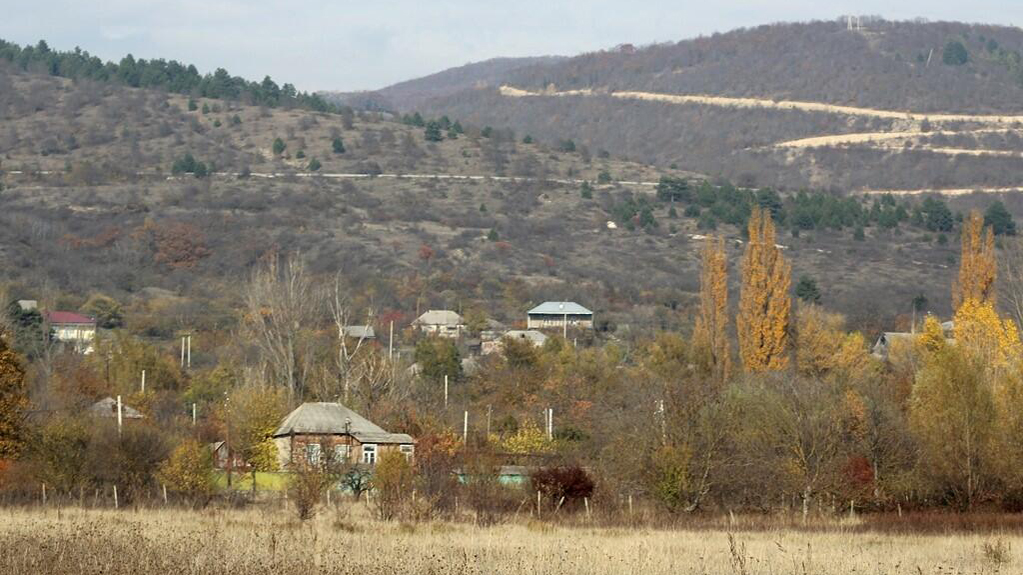A businessman connected to Gazprom has been searching for an oil field in the occupied Tskhinvali region for a week. Geologists invited from Western Siberia are conducting research in the village of Ghromi, located 500 meters from the occupation line that runs near the village of Mejvriskhevi in the Gori municipality. The dividing line, where residents of Mejvriskhevi are often detained, is controlled by the Russian base in Ghromi.
News
De facto President Alan Gagloyev has expressed a positive evaluation of oil production in the Tskhinvali region. He stated that this marks the beginning, and soon they will begin oil exploration in other areas of the Tskhinvali region. According to Gagloyev, local oil production will reduce dependence on Russia and positively impact fuel prices.
Georgian News contacted Giorgi Beridze, the deputy director of the Aleksandre Janelidze Institute of Geology, to inquire about the potential for discovering oil minerals in this region.
"Research in these areas has been conducted since the 1950s during the Soviet era, but no deposits have been identified. This work was not carried out for just one or two years; the group led by the renowned geologist Dito Papava worked intensively for many years, even until the collapse of the Soviet Union. These studies were comprehensive, including geological, geophysical, and hydrogeological assessments, and it was impossible for them to identify significant deposits. Oil has been found in other parts of Georgia, such as Norio, Dedoplistskaro, and Patardzeuli.
I am not sure if other regions of Tskhinvali have been explored. Generally, no one is searching for oil in mountainous areas. Wells are typically drilled in flat regions, as these deposits tend to accumulate in low-lying areas. We refer to such areas as depressions, where there used to be ocean basins or lake lagoons. The biodegradation of many animals and plants that lived in lagoon conditions leads to oil production, and this process requires such depressed locations, which we call depressions.
Nothing like this has ever been found in the Kartli region, nor has anyone mined it. There may be small traces, but the discovery of a large deposit that would allow for significant production and financial profit is ruled out," explains Giorgi Beridze.
Russian businessman Albert Jusoev, originally from Kvaisa, is seeking oil in the Tskhinvali region. His construction company is associated with Gazprom. Stroiprogress has built residential buildings, hospitals, schools, kindergartens, and administrative structures in the Tskhinvali region over the years, for which it has received several "state" awards for its contributions to the development of "South Ossetia."
Since 2006, Jusoev has served as an adviser to former de facto President of South Ossetia Eduard Kokoity on construction issues. After the August 2008 war, Jusoev had conflicts with the leaders of North Ossetia and the Tskhinvali region and became a critic of Kokoity.
Georgian News also reached out to the Ministry of Internal Affairs. The ministry's press office could not provide comments to the media at this time, stating that the matter is under investigation.















